C.M. Rubin Global Education jelentése
Akár tetszik, akár nem, gyerekek nőnek fel a technológiai környezet, és tudta, hogyan kell a lehető legjobban kihasználni a jó tech kritikus része felkészíti őket a későbbi életüket. Fontos 21. századi készségek, mint a problémamegoldás, kommunikáció és a kreativitás is javítható a használata nagy tech. Ebben a hónapban a top globális tanárok share their top tips on which edtech tools have dramatically supported and improved learning in our teachers’ classrooms around the world. Jim Tuscano’s personal criteria in selecting his top tech choices includes tech that supports “independent and self-directed learning, active, creative and collaborative learning, as well as critical thinking, provides intuitive and user-friendly interface and is accessible to all learners.” In making his selections, Adam Steiner notes that “whichever device you bring into your classroom, végül is van szó, a tartalmat,” and “the good news is that great new educational Virtual Reality content is coming out every day.” When sharing the good, a rossz, és a legjobb, Elisa Guerra Cruz notes that “teaching in the Fourth industrial revolution takes passion and initiative, and along with the challenges come the exhilarating opportunities.”
„Egy igazi világpolgár véleményem, az emberi őre az egész nép a mi globális falu, és nem csak az ország, ő vagy ő él,” says Professor ott Aharoni in Israel, aki beszélt velünk ebben a hónapban. Ada is the founding President of the International Forum for the Literature and Culture of Peace (IFLAC). She believes that “words, kommunikáció, literature and the arts, elősegítheti a béke, tolerancia és a harmónia, and bring about a change.” While “education is the most important element in developing, ápolása és terjesztése béketeremtés,” she says this education “should be given to the teachers and the parents too.”
And that’s a great segue into our interview with Mali-born New York based singer-songwriter Awa Sangho, a rising star on the global music scene. Felvetett egy nagymama, aki bátorította, hogy hozzanak neki épületek nagy, ő tette, hogy csak, leküzdése nehézségek és kihívások az ő fiatal, hogy megtalálja a siker, mint énekes, ütőhangszeres, és zeneszerző. Ő egy szenvedélyes aktivista jelentsenek a fiatal lányok és nők Nyugat-Afrikában, elítéli a női nemi szerv megcsonkítása. „Ki vagyok jelentése Afrika, egész Afrika," ő mondja, egyértelműen büszke önjelölt szerepét a kulturális nagykövet. Az ő interjú a The Global Search for Education, she speaks about the power of music as a universal language, és miért oktatás „nyitott minden ajtót ezen a földön.”
Alapján Charles Fadel, alapítója a Center for Curriculum áttervezése, “new and more innovative knowledge maps are now needed to help us navigate the complexities of our expanding landscape of knowledge.” Fadel’s organization has been producing new knowledge maps that redesign knowledge standards from the ground up. In our interview with Fadel this month, he notes that “understanding the interrelatedness of knowledge areas will help to uncover a logical and effective progression for learning that achieves deep understanding.”
Making quality health care available for all people is the UN’s Sustainable Development Goal No. 3 – a goal that global leaders seek to achieve by 2030. In our interview with Kara Hanson, Professzor Health System Economics a London School of Hygiene & Tropical Medicine, she discusses two main challenges for healthcare in low and middle-income countries (LMICs). Az első kihívás a „növekvő terhet nem fertőző betegségek (nem fertőző betegségek) A LMICs.”Megjegyzi, hogy„több mint a fele a betegség terhét az alacsonyabb közepes jövedelmű országokban annak köszönhető, hogy a nem fertőző betegségek, és még a legalacsonyabb jövedelmű országok, NCDs are responsible for one-third of the disease burden.” Hanson, along with our Millennnial bloggers, weigh in this month to discuss the problems and offer strategies to achieve Universal Healthcare coverage for all people. Hanson discusses policies such as “taxation of unhealthy foods and modification of urban environments to facilitate physical activity.” Additionally, she stresses that more focus is needed on health services for conditions like hypertension and diabetes, “that require lifelong management.” Bonnie Chiu explains why she believes that “impact investing is the key to funding universal access to healthcare.” Jacob Navarette focuses on the challenges faced in the United States and recommends “broadening taxation and reducing spending” as a way to balance the books, while Dominique Dryding in South Africa asks us to consider health alternatives which may already exist and which are trusted by significant proportions of populations.” She notes that “given a legitimate platform, Az egészségügyi ellátás költsége is csökkenhet, mert nem lenne csökkent előfordulása megelőzhető betegségek (mint II típusú cukorbetegség), és a nyomás a hivatalos egészségügyi rendszer következtében csökkent.”
(A fotók jóvoltából CMRubinWorld)
C. M. Rubin
Csatlakozz hozzám és világszerte elismert szellemi vezetők többek között Sir Michael Barber (UK), DR. Michael blokk (Az US), DR. Leon Botstein (Az US), Professzor Clay Christensen (Az US), DR. Linda Darling-Hammond (Az US), DR. MadhavChavan (India), Charles Fadel (Az US), Professzor Michael Fullan (Kanada), Professzor Howard Gardner (Az US), Professzor Andy Hargreaves (Az US), Professzor Yvonne Hellman (Hollandiában), Professzor Kristin Helstad (Norvégia), Jean Hendrickson (Az US), Professzor Rose Hipkins (Új-Zéland), Professzor Cornelia Hoogland (Kanada), Tisztelt Jeff Johnson (Kanada), Mrs. Chantal Kaufmann (Belgium), DR. EijaKauppinen (Finnország), Államtitkár TapioKosunen (Finnország), Professzor Dominique Lafontaine (Belgium), Professor Hugh Lauder (UK), Lord Ken Macdonald (UK), Professor Geoff Masters (Ausztrália), Professzor Barry McGaw (Ausztrália), Shiv Nadar (India), Professzor R. Natarajan (India), DR. PAK NG (Szingapúr), DR. Denise Pope (US), Sridhar Rajagopalan (India), DR. Diane Ravitch (Az US), Richard Wilson Riley (Az US), Sir Ken Robinson (UK), Professzor Pasi Sahlberg (Finnország), Professzor Manabu Sato (Japán), Andreas Schleicher (PISA, OECD), DR. Anthony Seldon (UK), DR. David Shaffer (Az US), DR. Kirsten Magával ragadó Are (Norvégia), Chancellor Stephen Spahn (Az US), Yves Theze (LyceeFrancais számú amerikai egyesült államokbeli), Professor Charles Ungerleider (Kanada), Professzor Tony Wagner (Az US), Sir David Watson (UK), Professzor Dylan Wiliam (UK), DR. Mark Wormald (UK), Professzor Theo Wubbels (Hollandiában), Professzor Michael Young (UK), és professzor Minxuan Zhang (Kína) mivel azok feltárása a nagy kép oktatási kérdés, hogy minden nemzet ma szembesül.
A Global Search Oktatási közösségi oldal
C. M. Rubin a szerző két legolvasottabb internetes sorozat, amely megkapta a 2011 Upton Sinclair díjat, "A Global Search for Education" és "Hogyan fogjuk Olvasd?"Ő is a szerző három eladott könyvek, Beleértve The Real Alice Csodaországban, a kiadó CMRubinWorld és egy Disruptor Alapítvány ösztöndíjasa.
Kövesse C. M. Rubin on Twitter: www.twitter.com/@cmrubinworld

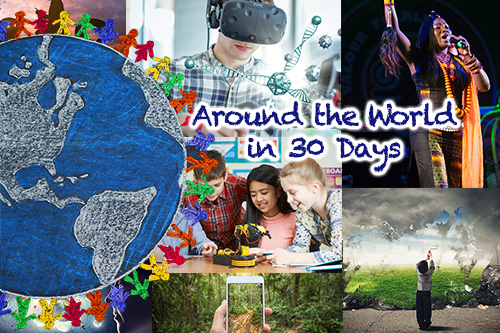
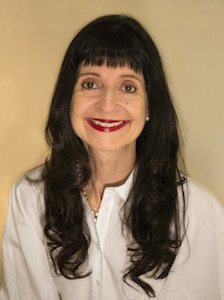
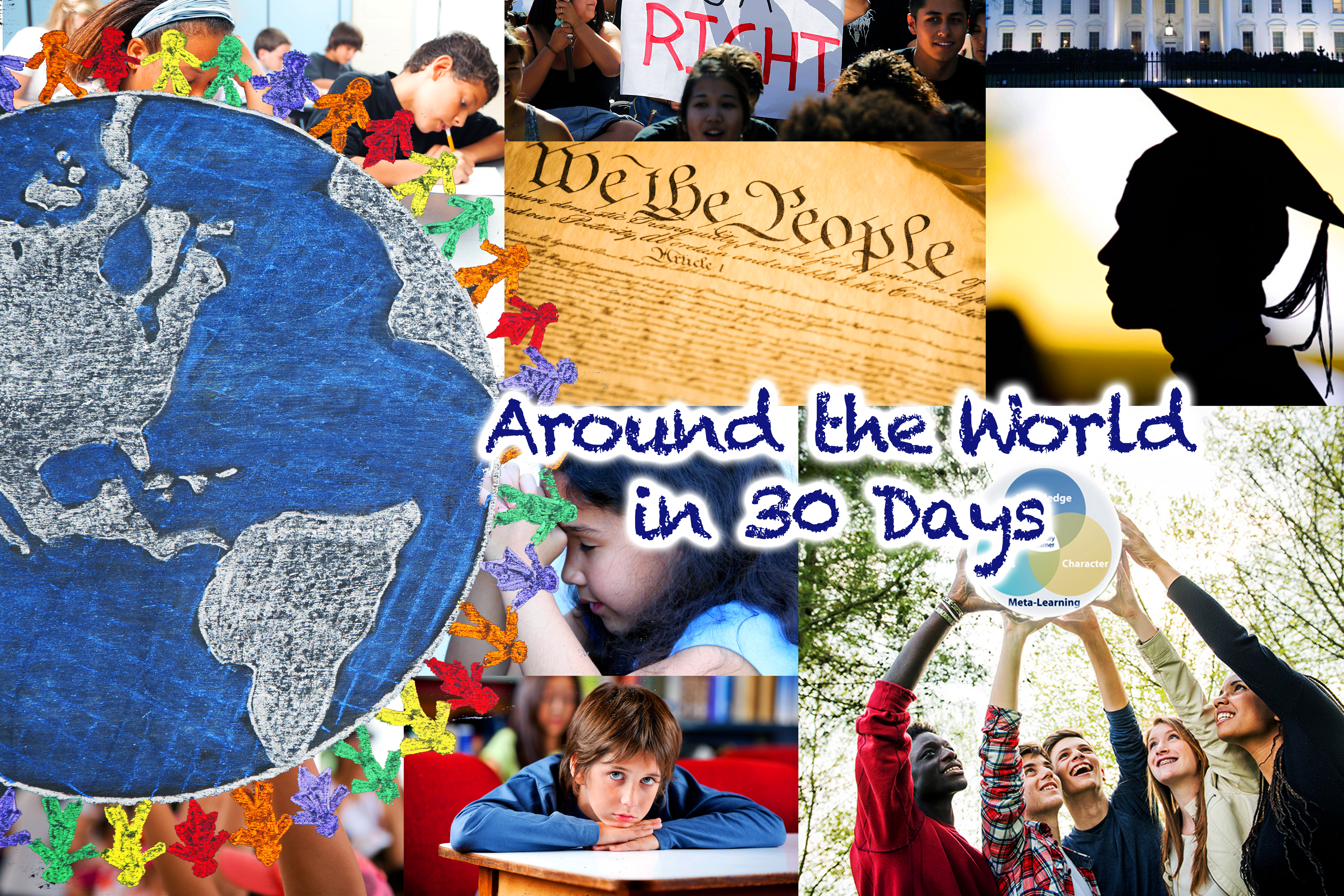
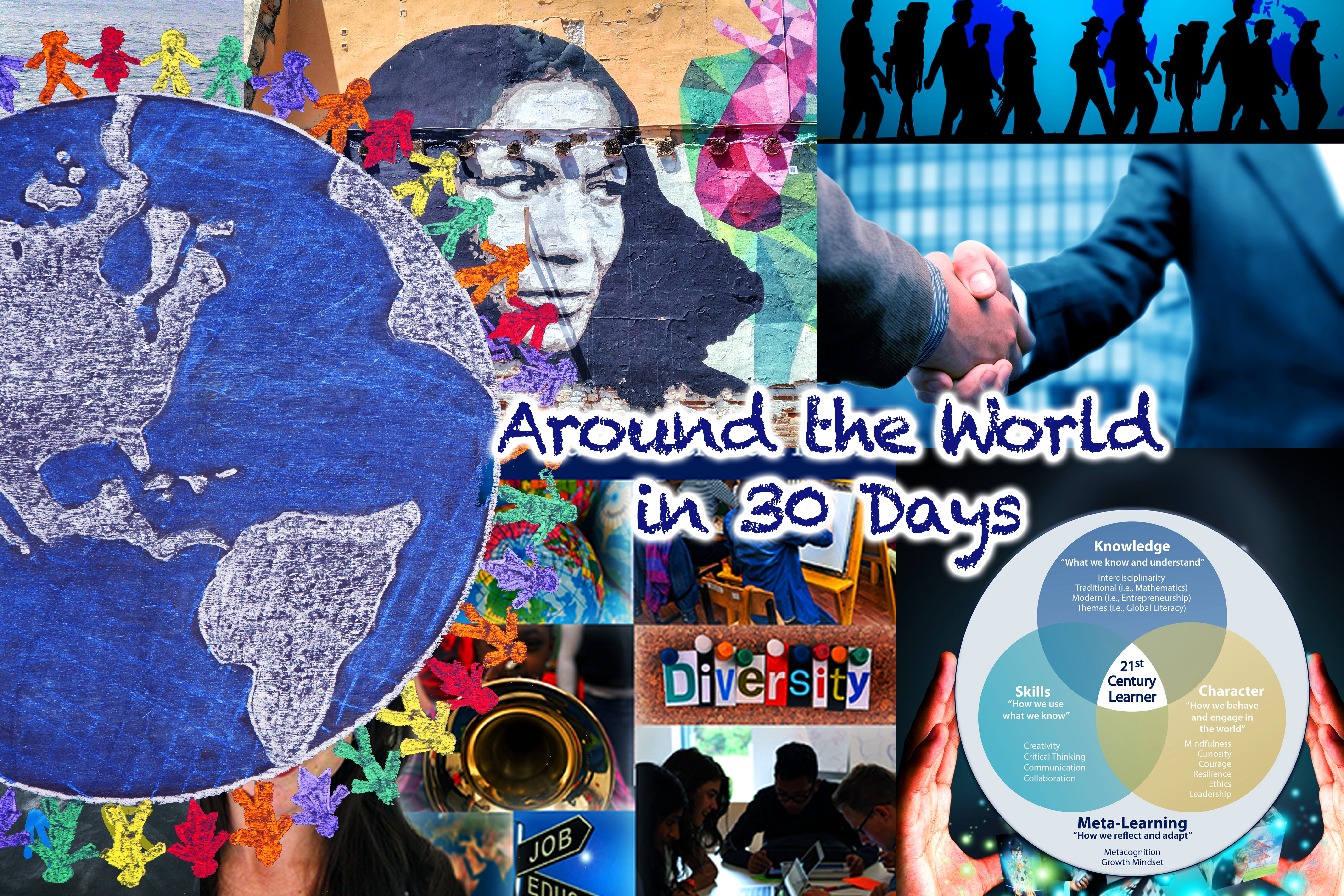
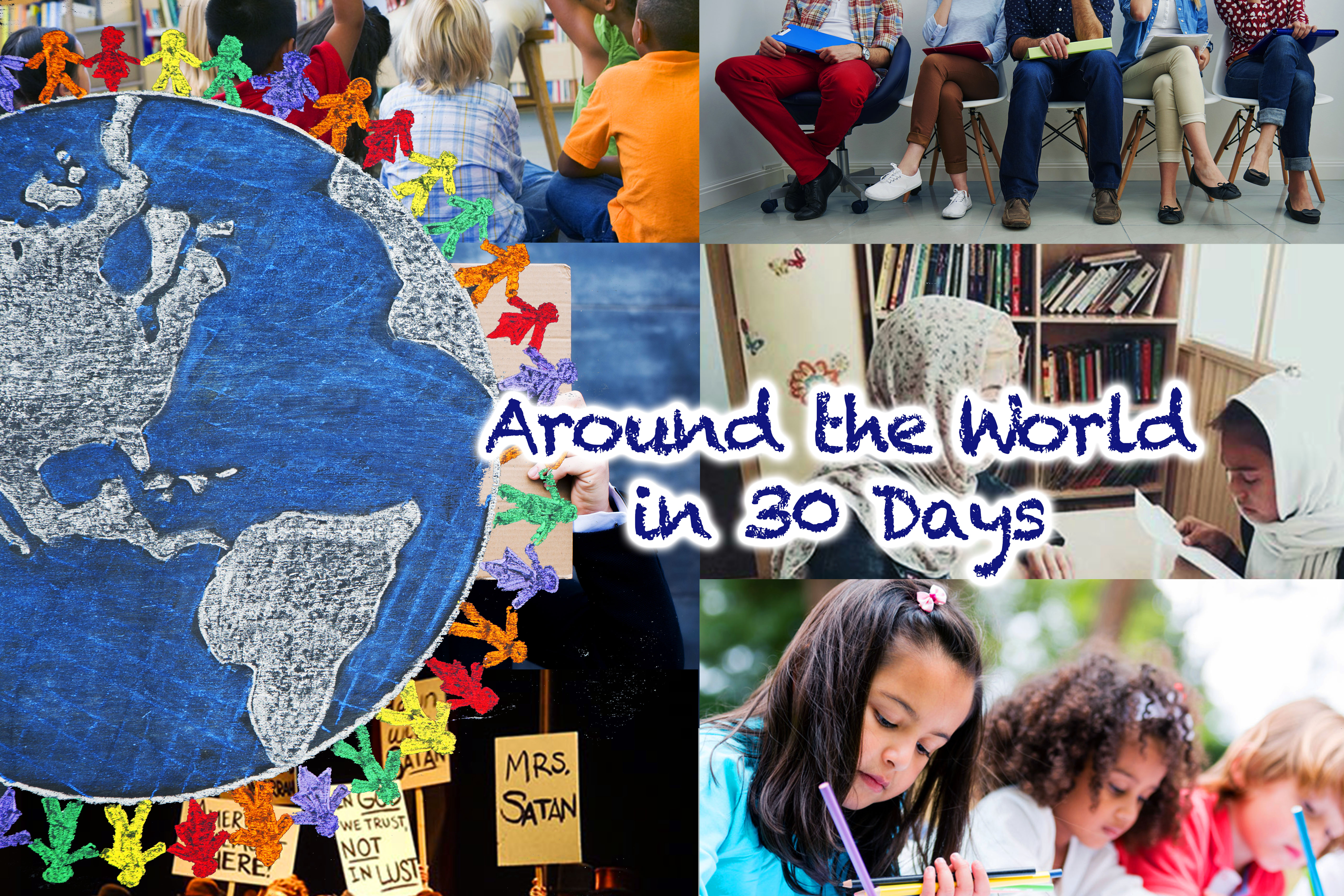
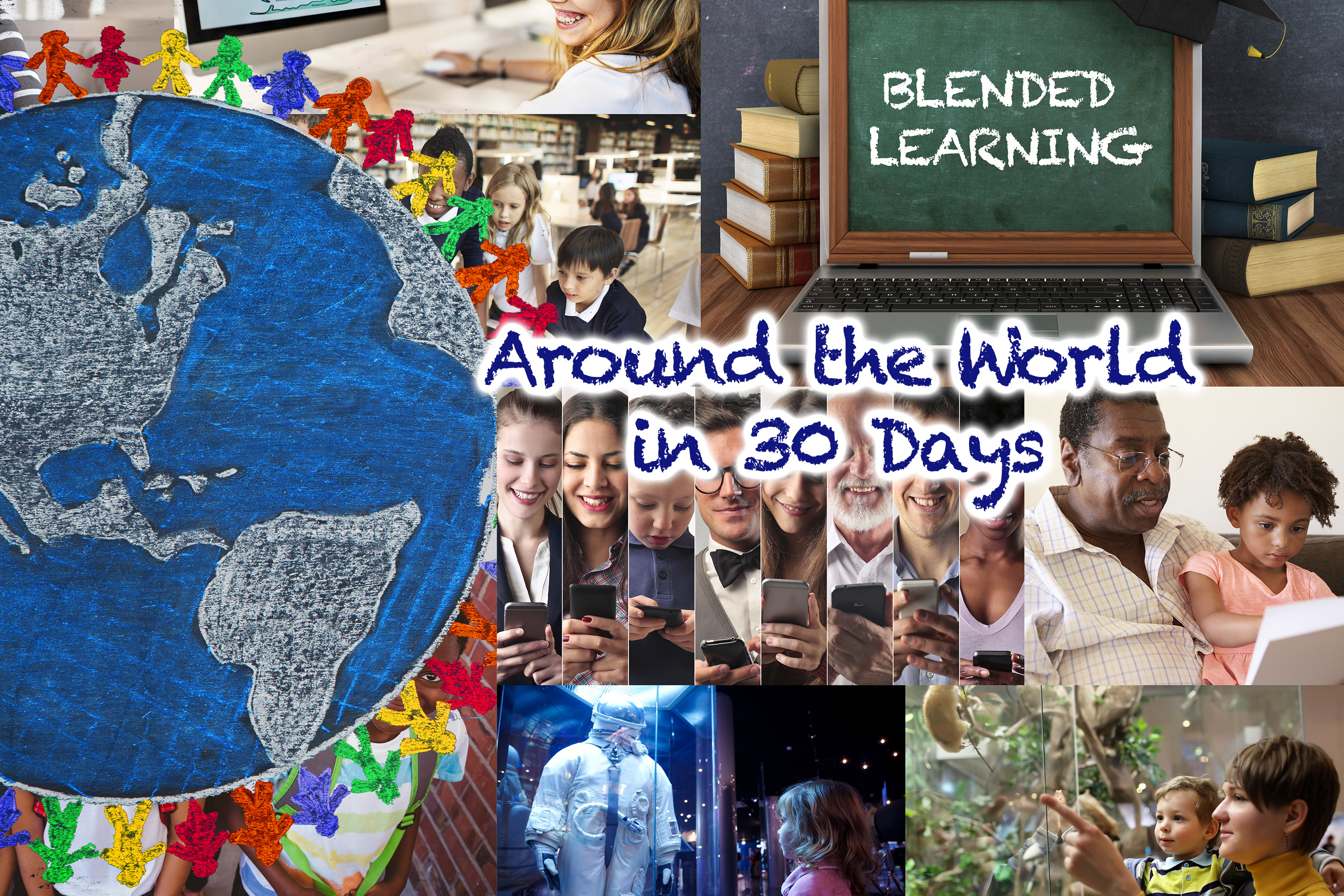
Legutóbbi hozzászólások